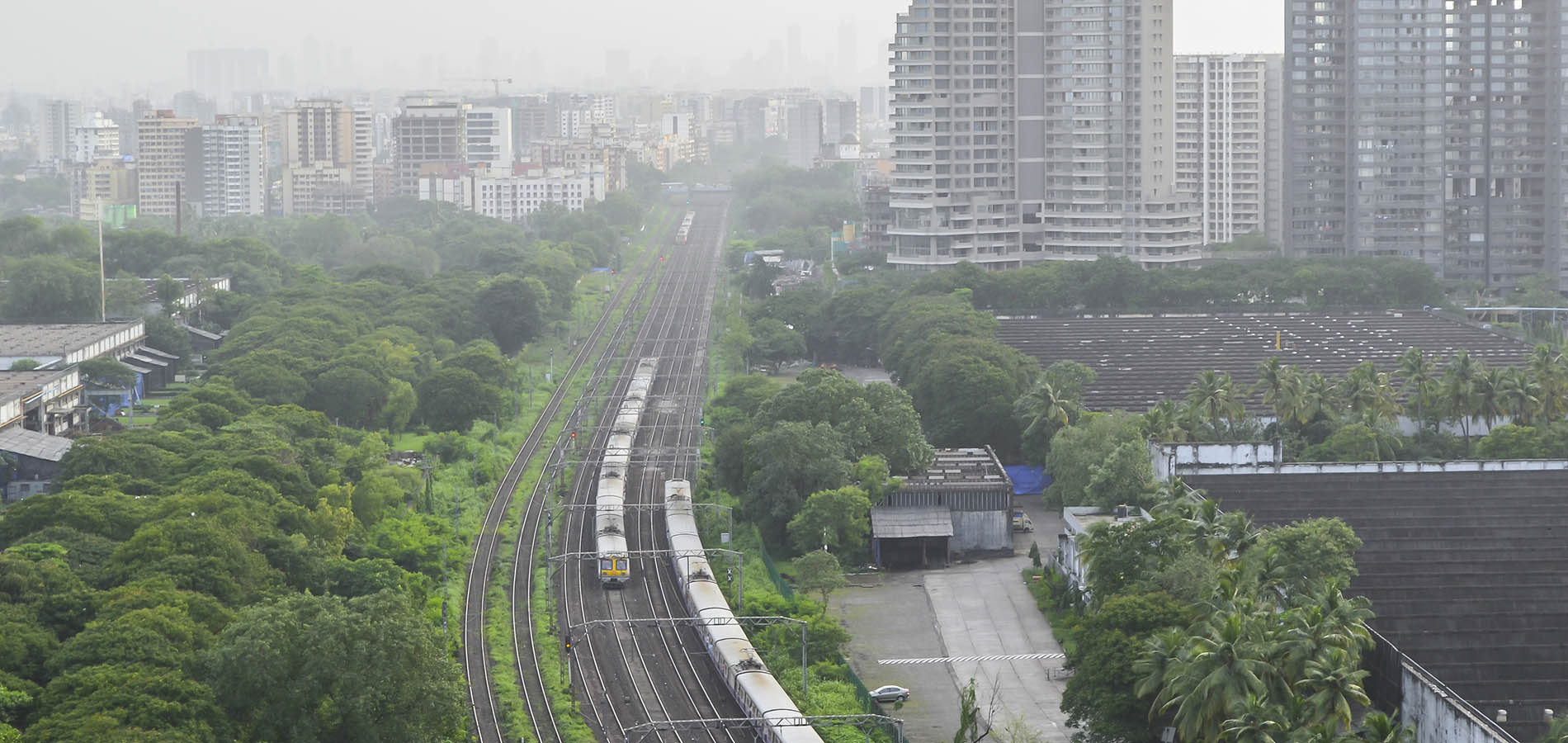
March 15, 2022
The BMC along with World Resources Institute (WRI) India and C40 Cities Network announced the MCAP.
MCAP is a policy to adopt an evidence based planning approach and mobilized resources, in order to move on from the action planning stage to building strategic projects.
The MCAP also helps establish an evidence based on energy reduction targets, transport, waste sectors, these contribute majorly to the GHG emissions in the city.
The action plan for this year is focused on building a climate resilient Mumbai and is named ‘Towards a Climate Resilient Mumbai’.

In order for India to achieve carbon neutrality by 2070, Mumbai, the country’s financial capital, has set an aim to achieve net zero carbon emissions by 2050, as per the Climate Action Plan announced last week. The BMC’s MCAP is a part of its commitment to help India achieve net-zero carbon emissions by 2070.
MCAP is a policy to adopt an evidence based planning approach and mobilize resources to move on from the action planning stage to building strategic projects. The action plan for this year is focused on building a climate resilient Mumbai and is titled ‘Towards a Climate Resilient Mumbai’. Maharashtra has also been considering deregistering petrol and diesel vehicles and to initiate a complete ban by 2030.
The MCAP also helps establish an evidence based on energy reduction targets, transport, waste sectors, these contribute majorly to the GHG emissions in the city. While these account for 72% of the total emissions, the transport and the waste sector are responsible for 20% and 8% respectively.
The provisional and the long-term objective includes a 30% decrease in emissions by 2030, 44% by 2040 and net-zero reduction by 2050 as compared to base year emissions of 2019. During 2019, the base year emissions were 23.42 million tonnes of carbon dioxide (CO2e), or 1.8 tonnes CO2e per person.
The city has also recorded a seven times increase in drought events and a sixfold rise in the frequency of extreme floods events over the last 50 years.
In November last year, Prime Minister Narendra Modi made a commitment at the COP-26 Summit at Glasgow that India would achieve carbon neutrality by the year 2070.